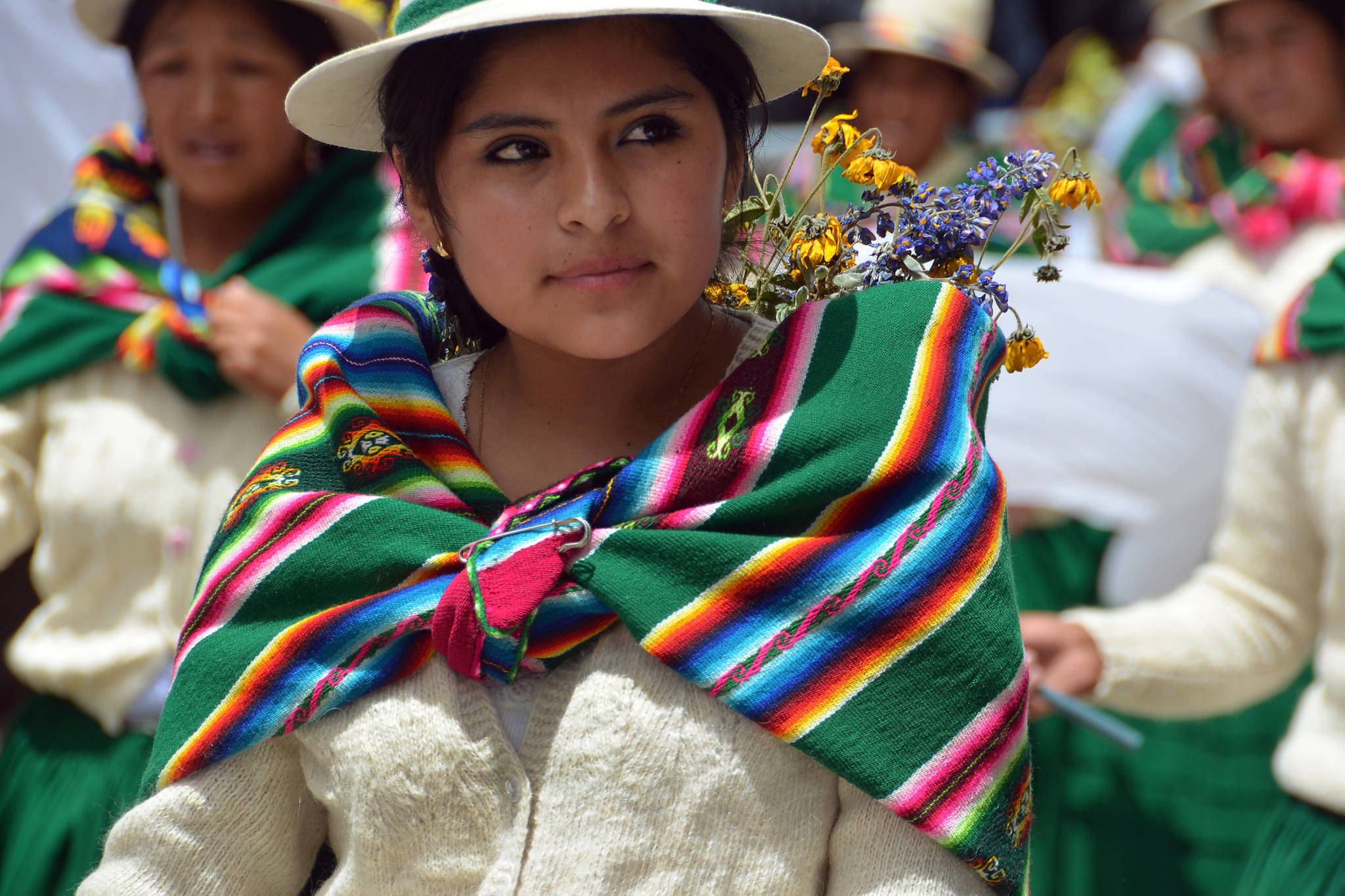We use Cookies. Read our Terms
- News
- Thriving opportunities for Bolivian women
Thriving opportunities for Bolivian women

Photo: Shutterstock
With a long history of social exclusion, job opportunities are scarce for indigenous people and women in Bolivia. But things are changing. In this report, we highlight an NGO that is helping women to improve their skills and employability, and through this, their self-esteem and confidence.
According to UNICEF, poverty in Bolivia is among the worst in South America, with the country ranking 113th out of 187 nations in the UN Human Development Index. About 60 percent of Bolivians live below the poverty line, a proportion that rises to three-quarters in rural areas.
With more than half the population comprised of indigenous communities, it is easy to understand the direct link between ethnicity and poverty. The International Fund for Agricultural Development has pointed out that the majority of Bolivia’s rural women have little access to training, credit or technical assistance.
Because economic growth and job opportunities are found in urban rather than in rural areas, an increasing number of indigenous women are leaving the countryside to live in cities. They arrive with almost no education, few economic resources and a lack of knowledge of the urban environment. These circumstances exacerbate social exclusion, covering not just ethnicity but gender as well.
Although Bolivia has shown progress in gender policies, there are some barriers that still need to be overcome. In a new and unfamiliar cultural setting, female migrants remain exposed to diverse forms of abuse, discrimination and violence.
CEFIM (Centro de Formación Integral para la Mujer) is a technical institute established 30 years ago in La Paz to provide practical and theoretical training to any woman with at least four years’ education. Its aim is to empower female migrants, whose inclusion in society is hampered by their lack of education and skills and minimal sense of family values.
The institute focuses on the technical training of women in domestic work and gastronomy as well as in tasks related to taking care of the elderly, the sick and children.
The first intake of CEFIM students in 1986 consisted of 20 women. In the intervening years, the institute has trained more than 5,000 women from La Paz and El Alto, as well as from outlying districts of La Paz.
Expanding physical space to educate more women
OFID supported CEFIM through the Foundation for the Social Promotion of Culture (FPSC), an international NGO based in Spain and mandated to help eradicate poverty by encouraging education and vocational training.
Argentinian teacher, Graciela Volpe, is one of CEFIM’s founders. She has been an executive board member since the institute’s inception and is responsible for the advisory department. Graciela explains that CEFIM’s main strength is the comprehensive nature of the training received by students. “We take into account all the dimensions of the person: physical, social, emotional and rational. Educating in values has important consequences for job opportunities. The students acquire self-esteem and they act accordingly, with dignity in all circumstances of personal, professional and social life.”
The institute seeks to build a new culture within the female community, coherent with the dignity of the people. In this regard, Graciela is convinced that women are key players in shaping society. “Through CEFIM, many Bolivian women become role models, showing the art of being good professionals, mothers, wives and daughters; a life fully human, meaningful, and inspiring,” she explains.
OFID’s grant contributed to the construction of a 400 sq m extension to the institute, including four workshops, six classrooms, professors’ offices, a library and other related facilities, effectively doubling the size and enabling a twofold increase in enrolments. Support was also provided for furniture, laboratory equipment and supplies.
Graciela’s passion for education, and her determination to make a difference in the lives of others, takes concrete shape once the women enter the labor market, where their increased income has a substantial impact on improving the quality of life for themselves and their families.
Graciela motivates the students with positive reinforcement by saying frequently: “I think you can do it very well,” and, “There is always a solution.” For Graciela it is clear that educating women brings benefits to entire families. Her commitment goes beyond academic purposes, as for every woman with a better education provided by CEFIM, there is a family relying on the certainty of a better life.